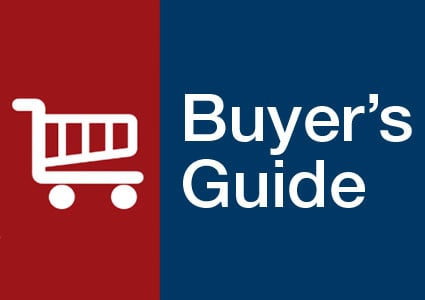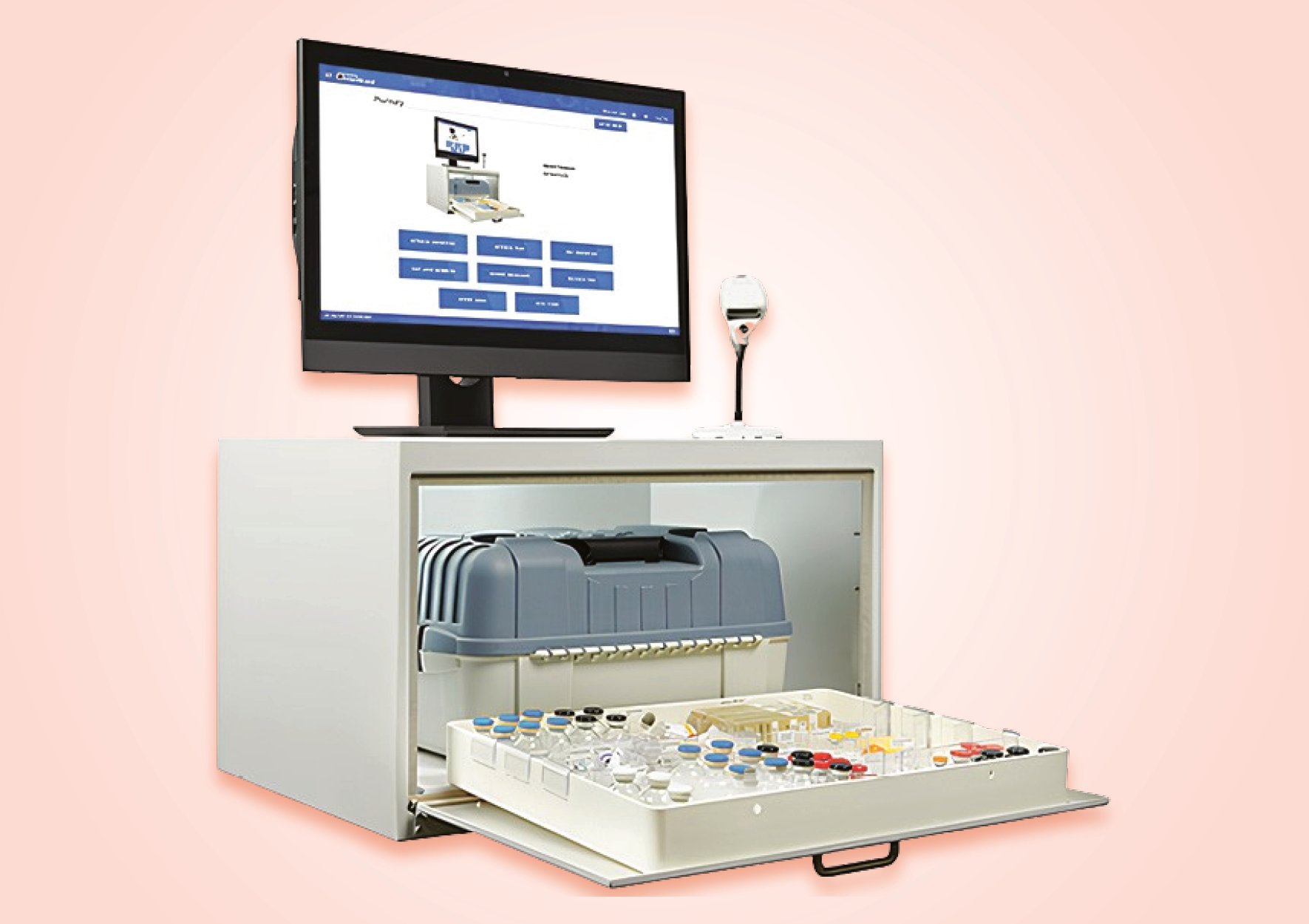- Show Menu
- Contact Us
- FAQs
- Reader Service
- Survey Data
- Survey Winners
- Testimonials
- Upcoming Events
- Webinars
- White Papers
Using Outsourced Compounding to Streamline Pharmacy Operations
Q & A with Christopher Fortier, PharmD
Manager, Pharmacy Support and OR Services
Clinical Assistant Professor
Medical University of South Carolina
Pharmacy Purchasing & Products: What compounded sterile preparations (CSPs) do you outsource and what drove you to consider outsourcing as an option?
Christopher Fortier: We started using outsourced compounding services about eight years ago. The first product we outsourced was oxytocin—an incredibly labor intensive product to make—and for about five years, that was the only product we outsourced. Then, after transitioning to new infusion pumps that were only compatible with a few PCA products on the market, we decided to outsource our PCAs as well since our outsourcer could provide the drug in a compatible syringe with improved labeling, a bar code, and extended beyond-use dating. Eventually, we also started outsourcing our cardioplegia solutions and phenylephrine bags used in the OR. The most recent additions to our outsourced CSPs roster are succinylcholine, lidocaine, glycopyrrolate, atropine vecuronium, and other pre-filled OR syringes.
The driving force behind our decision to outsource was to free up staff for other pharmacy tasks. While we have a -compliant compounding center on-site, it was preferable to have staff available for on-demand requests, as opposed to spending the day compounding some of the more time-consuming batch products. As we have a large outpatient population, the compounding pharmacy receives numerous on-demand requests for complicated preparations, mostly for our pediatric and ophthalmology patients. In most cases, there is not another site on our campus that can prepare these products and since many of our
patients come from all over the state, we want to get them the product as quickly as possible.
Another key factor playing into our decision to outsource was the ability to have CSPs with extended beyond-use dating. We determined that acquiring products with extended beyond-use dating would reduce waste, which in turn would decrease costs, and also would allow nurses to have easier access to some of these products (eg, phenylephrine bags) since they could be stored in automated dispensing cabinets.
Finally, outsourcing would allow for additional safety features such as enhanced labeling, bar coding, tall man lettering, color coding and standardization, and better compliance with The Joint Commission drug preparation and labeling requirements.
PP&P: When evaluating outsourced compounding vendors, what factors do you need to consider?
CF: For us, the most important consideration was that the outsourced compounding vendor could deliver a high-quality product with extended beyond-use dating. If we could make the same product internally
with the same expiration date, then it essentially defeated the main reason for outsourcing in the first place. And, we wanted to make sure that the outsourcer was performing the necessary product quality tests,
including real-time stability testing.
In order to ensure an outsourcer meets your standards, perform a thorough review of the vendors you are considering. This requires on-site visits, which generally take anywhere from four to eight hours for each vendor under consideration. In the May 2009 edition of PP&P the article titled “Develop an Approved Vendor Program for Outsourced Compounding” provides a nice outline for developing an approved vendor program that includes details on how to conduct an on-site audit and facility tour.
Another consideration when evaluating vendors is product availability. If they do not carry a certain product or a specific dosage you require, would they be open to making it for you? Explore whether the outsourcer offers online purchasing and has a CSOS (Control Substance Ordering System) for controlled substances. It also is important to evaluate the vendor’s labeling methods, turnaround time, ability to provide medications on national shortage, and customer service quality.
PP&P: How has outsourcing impacted costs?
CF: There is no denying that outsourced products appear more expensive when compared to the direct medication cost of preparations compounded in-house. However, there are indirect costs—such as material, labor, overhead, safety, and compliance costs—that need to be considered. So, it is important to look at the big picture when considering whether it makes sense to compound these products internally or to outsource them. For example, if we wanted to make pre-filled OR syringes internally it would cost us far more than it does to purchase them through the outsourcer once the indirect costs are tallied because of all the extra testing, labeling, and other requirements. While these indirect costs are challenging to quantify, they should play a role in the decision-making process.
PP&P: Any parting advice for facilities that are considering outsourcing CSPs?
CF: Overall, it is important to keep in mind that doing all the necessary work upfront will make the process easier in the long run, and this means taking the time to conduct on-site evaluations and audit the various vendor processes.
It is worth noting that just because an outsourcer is registered with the FDA does not mean they meet all regulatory requirements and are USP Chapter compliant, so make sure you request all necessary documentation. Lastly, it is important to determine what processes the outsourcer has in place to negotiate national drug shortages, and then ensure those processes are clearly stipulated in the contract.
Christopher Fortier, PharmD, is the manager of pharmacy support and operating room services at the Medical University of South Carolina. He oversees procurement/contracting, three OR pharmacies, investigational drug, nuclear pharmacy, controlled substances, repackaging, and compounding services. Dr. Fortier also led the implementation of bar code medication administration, smart infusions pumps, and medication reconciliation across the organization. In addition to his position as manager, he also is a clinical assistant professor with the South Carolina College of Pharmacy on the Medical University of South Carolina campus.
Like what you've read? Please log in or create a free account to enjoy more of what www.pppmag.com has to offer.








